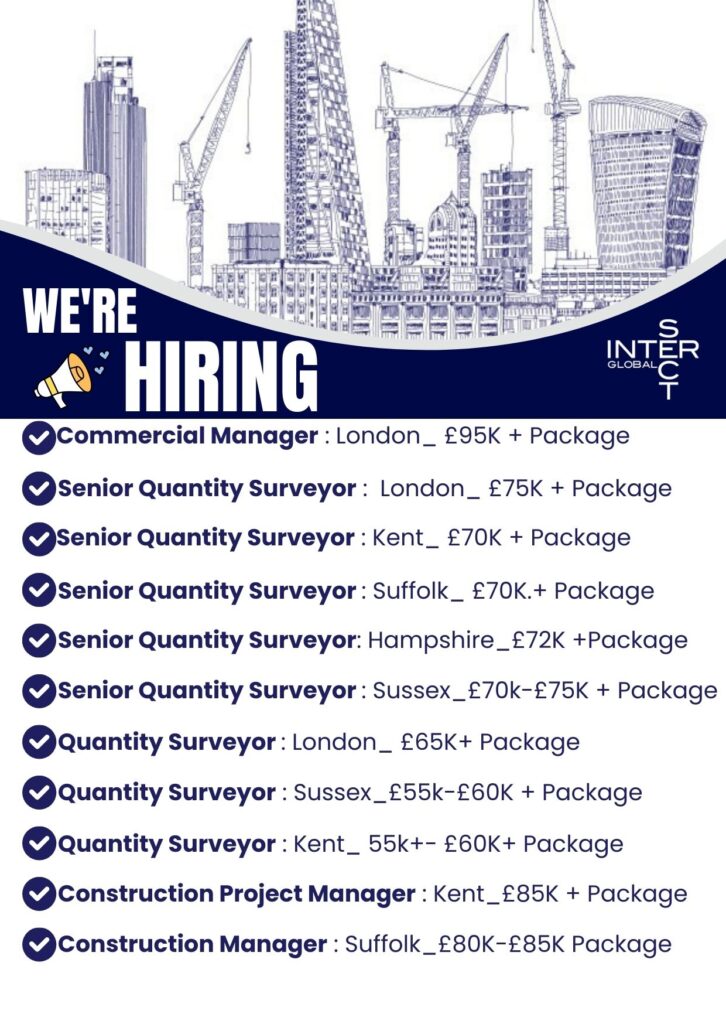Article by Thomas Johnson – www.newcivilengineer.com

The number of sustainability directors and environmental leads within the construction sector has seen a meteoric rise within the past decade.
Net zero targets and the growing understanding of the climate emergency has created the need to build things more efficiently.
To do so, many contractors, consultants and clients alike have been scrambling to bring in the greatest minds to head up their ever expanding sustainability teams.
To understand exactly what a sustainability director does, NCE sat down with leads from Arup, Mace and Mott MacDonald to discuss what the job entails and why it is so important right now.
Arup climate and sustainability services leader in the UK, India, Middle East and Africa Diane Emerson told NCE she believes this is a defining era for those working within sustainability in the built environment.
She said: “This is our time and that’s incredibly exciting but slightly scary at the same time. In terms of trying, I was talking to one of our new graduates and he was saying, for him and his role, he no longer has to sell the principles, it’s all in the work now.
“For a long time we’ve had to sell the principles of sustainability. This is a good thing to do to really justify why investment in these spaces is worthwhile but actually now there’s a recognition that this isn’t just something that we should do. For many of our clients I think that they want to do it and that’s really steeped in now.”
Emerson believes it is crucial to now look to create a circular economy for the built environment.
She said: “I think it’s important to kind of stop and realise that we are are at a point of crisis. We have declared climate emergency, we have recognised the biodiversity crisis, we have a cost of living crisis, it’s part of our narrative.
“Sustainable development is a way in which we can work through today’s problems but to deliver better outcomes. That doesn’t mean ripping everything up and starting again exactly, but that does mean exploring better ways and better outcomes.
“Development, not just in the UK context, but globally, is really important. But what’s more important is to do that in a way that perhaps is less linear, that’s less using greenfield sites for new development then a 30 year life cycle and knocking them down again and putting them in landfill.”
She continued: “We actually look at material usage, design for efficiencies, design modular for deconstruction and actually creating a different kind of economic environment that we can support. How can we support that development in a more circular way?”
Meanwhile, Mace global head of responsible business James Low is keen to capitalise on the knowledge regarding sustainability he gained in a previous job building wind turbines in Peru.
When he started at Mace he set up the Knowledge Hub, a wealth of resources offering sustainability advice for colleagues to reference when necessary.
He said: “Mace is a huge business. You’ve got people all over the world on different types of projects and different sectors. What we wanted was a single place where people could share that knowledge and make sure we were replicating successes of best practice.
“So if we do something, let’s say on a project in Australia, we want to be able to share what works around the business globally as quickly as possible. Then you multiply the benefits and the same with lessons learned.
“It’s okay to try new things, to not always get it right, but you need to learn from those lessons so you continually improve and it’s showing that knowledge because of the breadth of Mace.”
Part of this wide reach within the climate change and sustainability sector is what led Low to move from an NGO to one of the biggest construction companies in the world.
He said: “The impact you can have [at Mace] is so much bigger than I could ever have done before. For me the driver is ‘I want to have the biggest impact’. Mace has always been a really good platform to do that.
“I never thought it [sustainability] would be as big as it is. I went into it because I was good at engineering and I enjoyed this angle of it but the awareness and the importance of climate change has really come a long way. We always knew there was something there and there was a need for it.
“Now it’s very, very real and there’s no denying it. What’s good to see is the collective response to try and do something.”
This involvement with sustainability before it was the buzzword it is today also extends to Mott MacDonald UK & Europe climate change lead Kim Yates, who was the sustainability lead for the Melbourne Metro project after previously doing a PHD in atmospheric chemistry.
She said: “I got into sustainability and climate change before it really existed. I wanted to change things and make them better as much as I possibly could within my skills.
“I suppose what we’ve been trying to do in the sustainability space is embed it into people’s way of thinking, particularly within the engineering sphere. You want engineers, you want everybody, to think: ‘Okay, how can I make this better? How can I reduce the carbon? How can I think about our social outcomes?’
“A lot of the job in the sustainability world is getting people to think differently.”
Now the planners and constructors of our built environment are on board with building in the right way, Yates believes it is her job to unify client and contractor on how best to do that.
She said: “Knitting those skills together and looking at where you want to get to in terms of your sustainable outcomes is vital. Putting all the various pieces together effectively and being a sustainability integrator is a big part of the role.
“That’s why it’s so important to have the networks and just be involved in climate change and sustainability. Knowing what’s out there, what’s going on, is crucial.”




